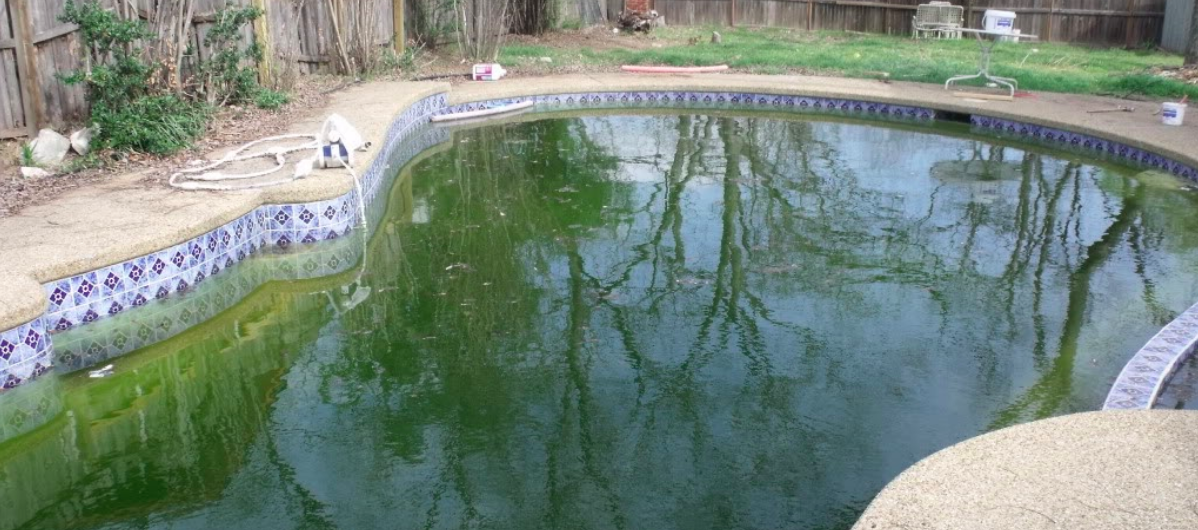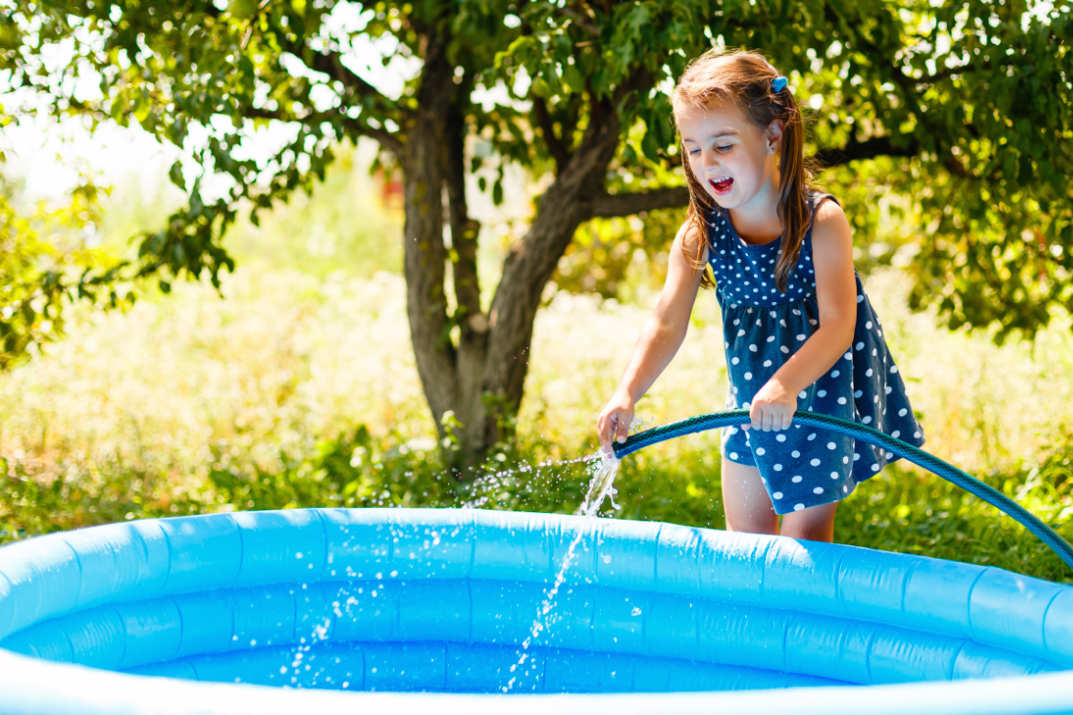If having a neighbour dob you in for topping up the pool isn’t high on your new year’s resolution list, it pays to know the rules.
Currently, level 2 water restrictions are in place for most of the country, with some regional areas experiencing more rapidly deteriorating water conditions.
The restrictions include not watering gardens with hoses or between 10am – 4pm, and strictly washing cars with buckets or at a commercial car wash.
But what can be done about that big pool of water sizzling in your backyard?
According to Sydney Water, residents and businesses can top up an existing pool or spa using a hose fitted with a trigger nozzle, watering can or bucket for a maximum of 15 minutes per day to replace water lost through evaporation only.
It might seem funny, being able to plop 270L a day into your pool – or 18L per minute for 15 minutes, as approved by Sydney Water – but not being permitted to drop this onto your garden through a hose.
So what’s so special about pools?
Well, there’s a short answer to that: To fix a pool that has lost too much water is an extremely expensive and time-consuming effort.
Many hard-hit homeowners can vouch for this, and clearly water corporations are also aware of the issue, hence the allowance for top-ups.
For some property owners, having extreme water loss shift the balance of your pool’s chemistry and making for unhealthy swimming conditions could be the least of your worries.

It’s the long-term effects that have the potential to require big money down the track – such as having to drain and resurface the lining, repair cracks and leaks caused by unused pumps or broken plumbing, or even sinkholes (eep!) that can form underneath the pool in extreme conditions from water leaking into the foundations.
Not to cause a splash, but if your once dazzling oasis has become an exotic green swamp harvesting all kinds of fish beneath the skimmer box, it’s worth the allowance to top it up for those 15 minutes per day to avoid big money down the track.
Better yet, invest in an approved pool cover (one endorsed under SAWM or SPASA in Australia) or a lockable cover for spas to prevent extreme evaporation and nasties from entering over the course of this summer and beyond.
When do I need a permit?
There are water exemptions for both new and existing pools and spas greater than 500L, but in all cases this must be approved through a permit from Sydney Water.
For existing pools, Sydney Water will only provide a permit to empty and refill if this is ‘unavoidable’, and the permit must be requested before removing any water.
For new pools and spas, the pool supplier is required to apply for a one-off permit to fill up your pool – and an approved cover isn’t optional but compulsory to be eligible for this permit.
How do I apply for a permit?
Our advice is to first speak to your local pool specialist as well as Sydney Water to assess your circumstances. Permits require the following information to be filled out and emailed to Sydney Water at [email protected]:
- Company name (if the pool filling is carried out by a pool company or contractor)
- Company contact person
- Company address
- Customer name (owner of the pool)
- Customer address (where the pool is)
- Volume of the pool (in litres)
- If the pool is new or renovated
- If the pool fill is for structural testing purposes (and if so, how the water will be reused when emptying)
- Date for the pool to be filled
- Confirmation that there is an existing or purchased pool cover endorsed by SAWM or SPASA.
But what if I’m a tenant?
Under Clause 53 of the Residential Tenancy Agreement, a tenant with a pool on their premises is responsible for keeping this clean and safe for swimming, unless otherwise agreed upon in writing.
This includes regular maintenance such as vacuuming, backwashing the filter, keeping it free of leaf litter, testing the water monthly at a qualified pool shop and using appropriate chemicals to balance the water.
Tenants are also responsible for keeping the water level above the filter inlet at all times – so regular top-ups (15 minutes per day) with a trigger nozzle, watering can or bucket as permitted by Sydney Water is advised. Tenants can be held liable for any long-term damage caused by a pool left to dry out, so if in doubt, seek the advice of your agent or property manager today!

